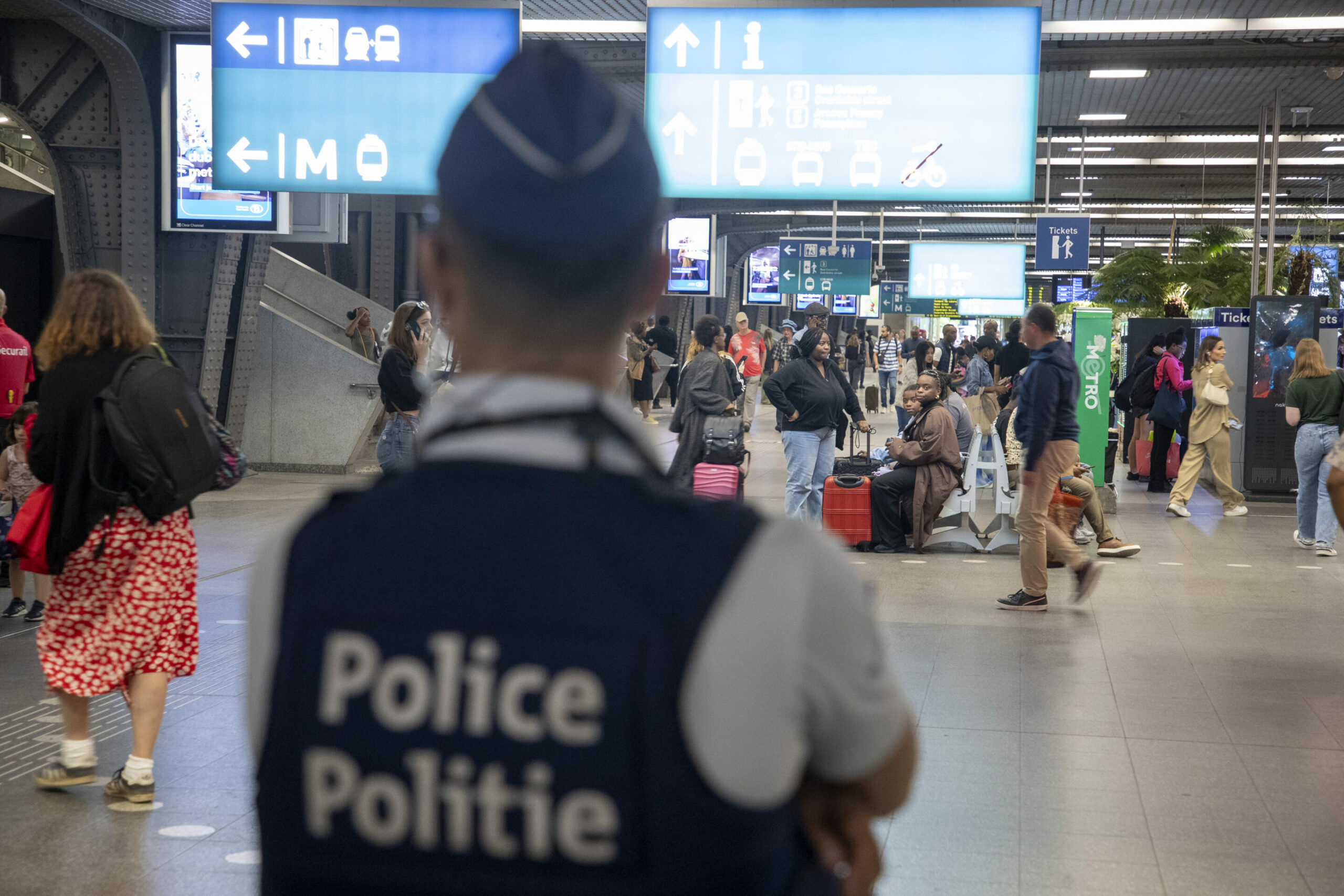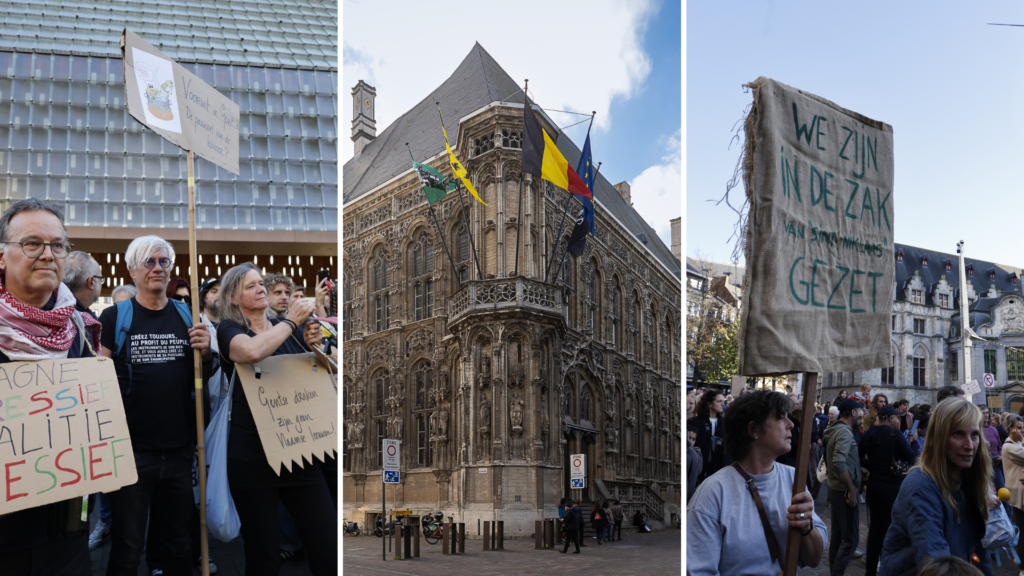The workings of Belgian politics are a bit special. Not only must diverse parties put aside their differences to form majorities at the federal, regional, and local levels but these coalitions must then accommodate the groups at the other levels. Though not immediately obvious, each layer of authority exercises considerable influence in the political chain and upset at the municipal level can destabilise federal affairs.
Such has been the case in Flanders, where the collapse of a power-sharing deal in the Ghent municipality (just one of 300 Flemish communes) presents yet another challenge in the federal negotiations.
You'd be forgiven for thinking that October's local elections were less consequential than the national vote in June. After all, why should the composition of a town council the far side of the country matter? And even if these small constituencies have the same difficulty in pulling together a majority as at the national level, how much can a solitary patch – one of the 581 local administrations into which Belgium is divided – impact federal talks?
That's just the question that political experts are weighing up. But in Ghent's case it could be quite a lot. The pretty Flemish city is known as a hub for artsy progressives: it has multiple universities and its residents are relatively affluent. It's the historic stronghold of Flemish socialists Vooruit though in June's federal elections it was the Flemish greens (Groen) who got the most votes. Looking at those election results on a map, Ghent stands out as an island of left-wing persuasion as the rest of the region voted firmly to the right (and far-right).
This in mind, it was odd for Groen to be cut out of a deal for the city council. The mayor, a member of the liberal party Open VLD, had put together a joint list with Vooruit – a "cartel" which won the most votes in the municipal elections. But rather than open discussions with second-place Groen, they instead looked to third-place N-VA. How could Vooruit shun Groen in favour of the right-wing Flemish nationalists that enraged residents said was "not in the city's DNA"?
Analysts pointed to the federal negotiations for explanation: N-VA leader Bart De Wever and Vooruit chairman Conner Rousseau have been trying for months to find common ground. And despite their ideological distance, the pair is said to have a mutual understanding that some have gone so far as to call "bromance". The party leaders accept that they have the best outcomes for their members by harmonising rather than falling into the combative estrangement that on paper would be more natural.
But despite Rousseau urging members of Vooruit Ghent to accept the local deal with N-VA, it was more than many of his colleagues could stomach. Their rejection has implications at the federal level, perhaps limiting Vooruit's bargaining power when it is already conspicuous as the only left-of-centre partner. For N-VA it has been portrayed as a sharp slap, a reminder of the animosity that many hold for them.
Meanwhile it falls to Groen to muster a majority in Ghent. But this too will be uncomfortable as it will require participation from Vooruit at the moment when relations between the two are most raw.
Belgium in Brief is a free daily roundup of the top stories to get you through your coffee break conversations. To receive it straight to your inbox every day, sign up below:
1. The battle for Ghent: Socialists shy away from deal with N-VA leaving a political mess
A deal to share power in Ghent with N-VA fell through in the last minute, leaving deep political divisions and potentially destablising federal formation talks. Read more.
2. Some 1,100 police officers request early pension out of fear of future government
This would mean losing valuable experience at a time when the police are having difficulty recruiting, leading to further staff shortages. Read more.

3. Cyberattacks, fake news and climate change: What are the biggest threats to Belgium?
The Crisis Centre highlighted 29 key risks that would either have a large impact if they were to happen, or are very likely to happen. Read more.
4. Flanders: Second-placed lists take over formation negotiations in around 30 municipalities
Failure to form a majority coalition within 15 days results in the second-place list taking the lead. Read more.
5. Around 20 free concerts at Brussels City Hall for Music City Hall
For the first time, the event will span two days, offering 26 free concerts over the weekend. Read more.
6. Mattress stuffed with jewels dumped by cleaning lady
A cleaning lady in northern Italy dumps an old mattress belonging to her employer not knowing that it contains about €50,000 in money and jewels. Read more.
7. All you need to know about public transport in Belgium
Understanding public transport in Belgium can be complex. This guide looks at the different operators, costs and fines for travelling without a ticket. Read more.

